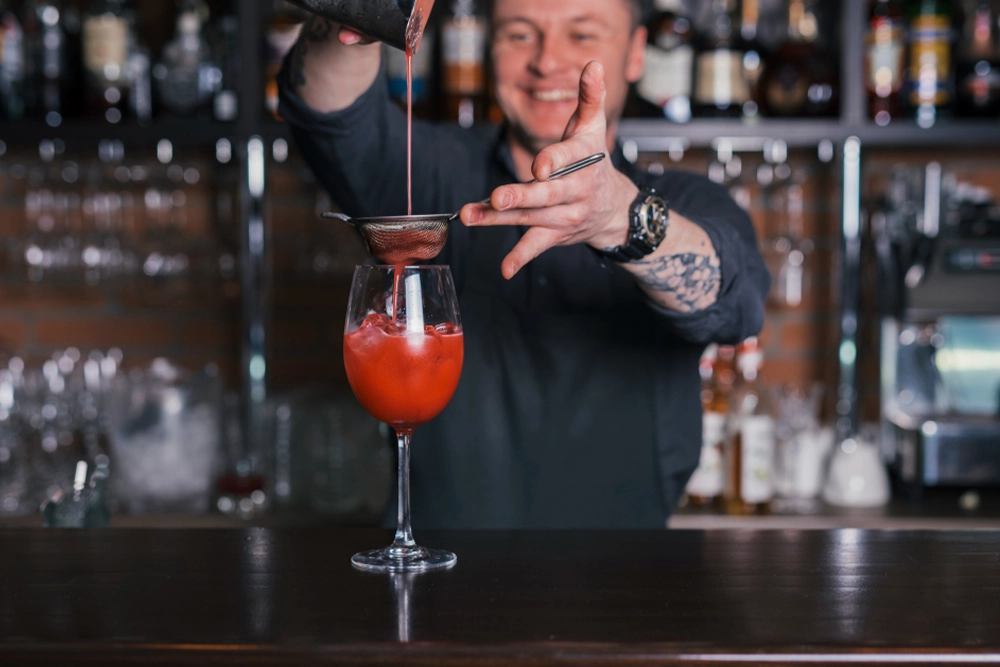In the realm of hospitality and entertainment, the responsible service of alcohol is not just a courtesy but a legal obligation. However, the consequences of over-serving liquor extend far beyond the immediate scope of customer satisfaction—they can lead to severe legal liabilities for establishments. The question arises: Can an establishment be sued for over-serving liquor? Let’s delve into this complex legal terrain to gain a clearer understanding.

Dram Shop Laws: Holding Establishments Accountable
The legal framework that governs the liability of establishments for over-serving liquor often falls under what are known as “dram shop laws.” These laws vary from state to state and country to country, but they generally hold establishments accountable for the actions of intoxicated patrons they have served. The rationale behind dram shop laws is to allocate responsibility and ensure that establishments exercise prudence in alcohol service, thereby minimizing the risks associated with alcohol-related incidents.
Elements of Liability
To establish liability under dram shop laws, several key elements must typically be proven:
- Service to Intoxicated Individuals: Establishments can be held liable for over-serving liquor if they serve alcohol to individuals who are visibly intoxicated. This requires evidence that the patron displayed clear signs of intoxication, such as slurred speech, impaired coordination, or disruptive behavior.
- Proximate Cause: It must be demonstrated that the over-serving of alcohol was a proximate cause of the harm or injury suffered. This can be a nuanced aspect of such cases, as it involves establishing a direct link between the over-consumption of alcohol and the resulting damages.
Challenges and Defenses
Proving liability in cases of over-serving liquor can be challenging for both plaintiffs and defendants. Establishments may assert various defenses to mitigate or refute their liability, including:
- Lack of Knowledge: The establishment may argue that they were unaware of the patron’s level of intoxication at the time of service.
- Contributory Negligence: If the patron’s own actions significantly contributed to their intoxication or subsequent harm, the establishment may argue that they share responsibility for the incident.
- Statutory Compliance: Establishments may defend themselves by demonstrating that they adhered to relevant laws and regulations governing alcohol service.
Mitigating Risks Through Responsible Practices
While dram shop liability presents potential risks for establishments, proactive measures can help mitigate these risks and promote responsible alcohol service. Key strategies include:
- Training and Education: Providing comprehensive training to staff members on recognizing signs of intoxication and appropriate alcohol service practices.
- Establishing Policies: Implementing clear policies and procedures for alcohol service, including protocols for refusing service to intoxicated individuals.
- Monitoring and Oversight: Actively monitoring patrons’ alcohol consumption and intervening when necessary to prevent over-service.
- Promoting Alternatives: Encouraging the use of designated drivers or alternative transportation options to ensure the safety of patrons.
The question of whether an establishment can be sued for over-serving liquor is not merely a legal abstraction but a critical consideration for businesses in the hospitality industry. Dram shop laws underscore the importance of responsible alcohol service and hold establishments accountable for their role in preventing alcohol-related harm. By adhering to best practices and exercising vigilance in alcohol service, establishments can mitigate legal risks and prioritize the safety and well-being of their patrons.

